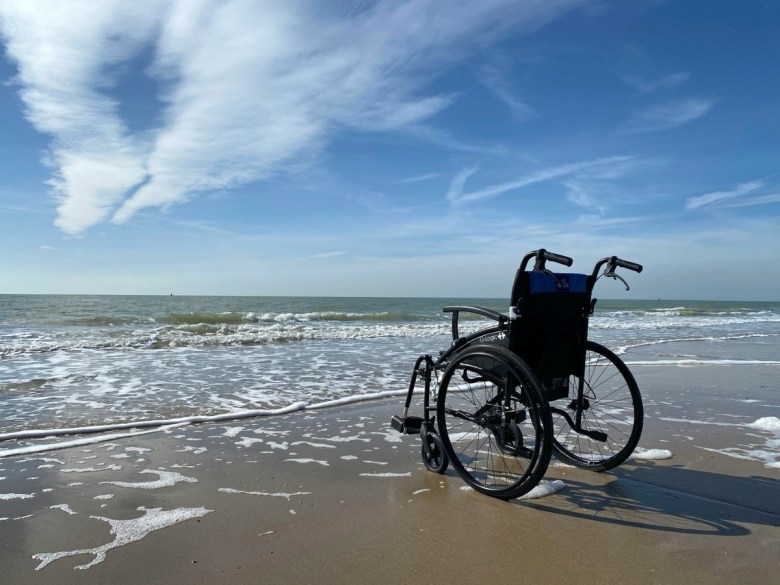So, you’re in need of a holiday. Perhaps you chose to put off that Christmas break so you didn’t run into the summer tourist rush, or maybe the break simply feels like too long ago now. Whatever the reason, you deserve a vacation.
But when you have a disability, it can be harder to find somewhere to go. Physical, sensory, mental, psychosocial and other needs must be taken into account and at first glance, the planning process seems daunting.
However, awareness is growing within the tourism industry and there are now options for the disability community when it comes to experiences and places to stay. Here are some ideas to help get you started on planning that summer trip.
Are you a person with disability looking for accessible tourist attractions?
- Don’t be afraid to call! If you can’t find the information you need, contact the place you’re looking at, whether they’re a hotel or a tourist attraction. Ask the question – it may prompt them to think about what sort of accessible features they should install and promote in future.
- Use an accessible destination guide, like accessibleaustralia.com.au. This site features community reviews that can help you better understand how others have found the place. Similarly, you might find helpful information on booking sites, or even just on Google.
- When you find your destination, Google Maps can be helpful – click the option for ‘wheelchair accessible’ under routes to see your options.
- Consider supported travel, where staff can help you find accessible experiences and take care of the admin (which, let’s face it, is the worst part of a holiday).
- Can you use some of your NDIS funding to cover the supports you will need while you are away? It’s definitely something to consider – contact the NDIS for the most up to date information.
Are you a tourism or hospitality business that wants to be more inclusive?
- Tourism Australia believes accessible tourism is a growth opportunity for businesses.
- Austrade has devised the WELCOME Framework, which helps tourism operators with accessibility and inclusivity, especially when it comes to reducing barriers for travellers with disability. It’s worth checking for practical tips.
- There are many places where tourism and accommodation businesses can advertise their accessibility and inclusion initiatives; these include The Accessible Group, which runs an Accessible Accommodation and Accessible Experience listing service.
- For businesses that want to learn how to become more accessible, accreditation processes are a good place to start. In Victoria for example, the Victorian Tourism Industry Council offers the Accessible Tourism Program which provides a report to businesses to show them where they can improve.
- Don’t forget to ask for feedback – there is always room to improve, so ask your guests what they thought of your accessibility features and be open to that feedback.

